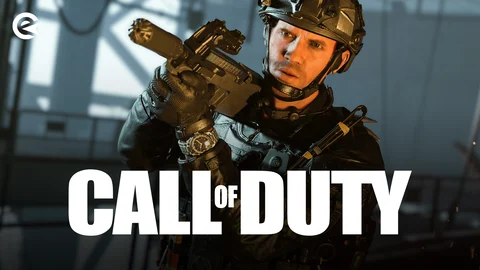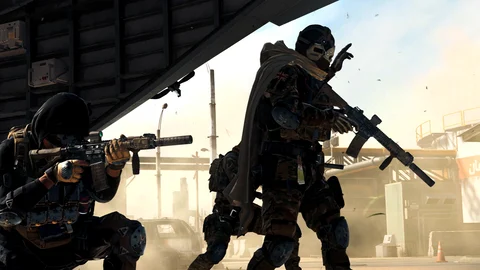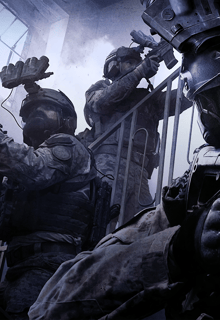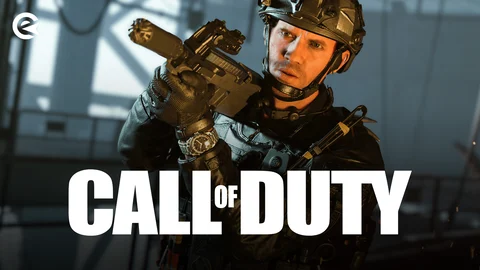Activision finally revealed how the controversial Skill-Based Matchmaking (SBMM) system works in Call of Duty.

Everyone knows it, and everyone seems to hate it: SBMM, or Skill-Based Matchmaking. For years now, Call of Duty players have railed against SBMM and demanded answers. Well, ladies and gentlemen: we got them. After promising a full breakdown a while ago, Activision finally published a new blog entry revealing how SBMM actually works.
Call of Duty’s Skill-Based Matchmaking Is Not Just About Your Skills
The blog post goes into many details of how SBMM works and how it determines, what kind of players you’ll be matched with. At the center of SBMM are eight factors, which the system uses for that purpose. Here are those factors, ordered by importance in matchmaking:
- Connection
- Time to Match
- Playlist Diversity
- Recent Maps and Modes
- Skill and Performance
- Input Device
- Platform
- Voice Chat
Yes, Connection and Time to Match are the most important factors that SBMM is looking at. As the post puts it: “Ping is King. Connection is the most critical and heavily weighted factor in the matchmaking progress”. Time to match falls into a similar category and is apparently also weighted very heavily.
The other six factors have not been as clearly ranked as the first two, but as you can see, skill is only one of many contributing factors to CoD’s SBMM. Among those six, it is probably still the most important, though.
This [Skill and Performance] is used to give our players – a global community with a wide skill range – the opportunity to have an impact in every match.
Skill is determined based on a player’s overall performance: kills, deaths, wins, losses, and more, including mode selection, and recent matches as an overall metric across all Multiplayer experiences. This is a fluid measurement that’s consistently updating and reacting to your gameplay. Skill is not only a factor in matchmaking players against appropriate enemies, but also when finding teammates.
Many have complained about this system, and this explanation will probably not do much to appease people. However, there’s a good reason why this system exists. A ton of people play CoD, and not everyone is equally good (obviously).

Trying to balance things out, so everyone consistently has rounds where they aren’t being dominated, ensures that players don’t get frustrated and quit playing the game. And that will eventually create “an ecosystem that is worse overall for everyone.”
As good as the intentions are, the developers recognize the complaints about “sweaty” lobbies being the norm, especially for high-skill players. They promise to work on “mitigating this concern” and also want to continue being more transparent on the topic of Call of Duty matchmaking in the future.


























